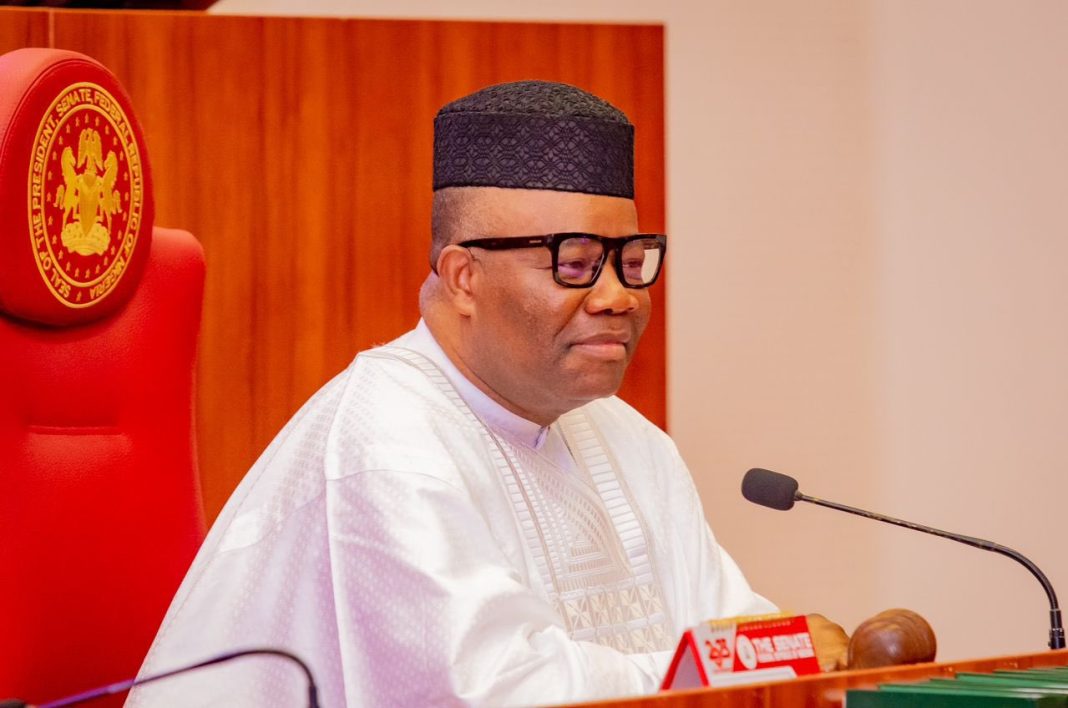ABUJA, Nigeria – The Nigerian Senate has approved the sum of ₦1.48 trillion as the 2025 appropriation bill for Rivers State, following the consideration of a report presented by its ad hoc committee on Wednesday, June 25, 2025.
The budget, originally proposed by President Bola Tinubu in May, was passed after a voice vote during plenary and scaled its third reading without objections.
Senate President Godswill Akpabio announced the passage of the bill.
Senate Leader Opeyemi Bamidele, who chaired the ad hoc committee, outlined the framework of the budget, which targets urgent interventions across infrastructure, education, healthcare, agriculture, and security, under what is described as an emergency administration.
According to the breakdown, ₦120.8 billion is allocated for debt servicing, ₦287.38 billion for recurrent (non-debt) expenditure, and ₦1.077 trillion for capital projects.
While supporting the passage of the bill, Senator Abdul Ningi (Bauchi Central) raised concerns over a ₦147 billion pension deficit in the state, though he praised the inclusion of ₦50 billion earmarked to begin addressing outstanding pension and gratuity payments.
“I’m delighted that the committee has made this handsome provision of ₦50 billion,” Ningi said.
“I could see my reservation on a very rich state like Rivers having a deficit of ₦147 billion… Let the committee see it as a priority — making sure that that money is out, then disbursed to the beneficiaries promptly.”
The appropriation bill, which received no opposition during the debate, now awaits presidential assent.
On Wednesday, June 11, 2025, Ibok-Ete Ibas, the sole administrator overseeing Rivers State, stated that the budget makes provisions for Governor Siminalayi Fubara—who remains under suspension—and other elected officials.
“In anticipation of the eventual return to constitutional order, the draft budget prudently retains provisions for the offices and functions of suspended political actors, some of whom have already drawn on allocated resources in the first quarter and are expected to resume their duties at the expiration of the emergency period,” Ibas said.







